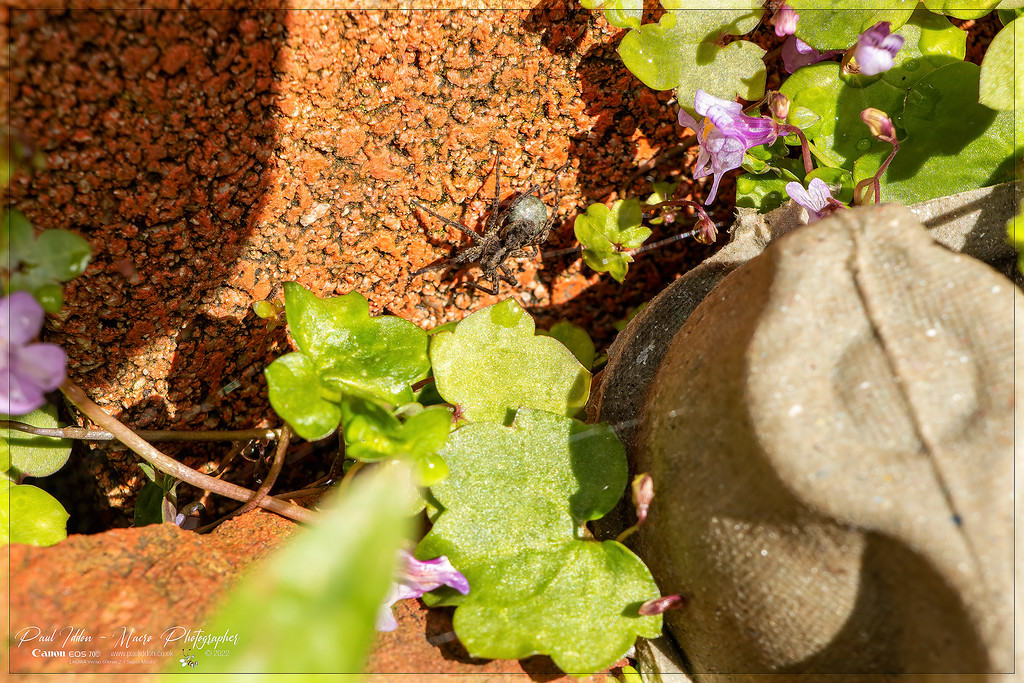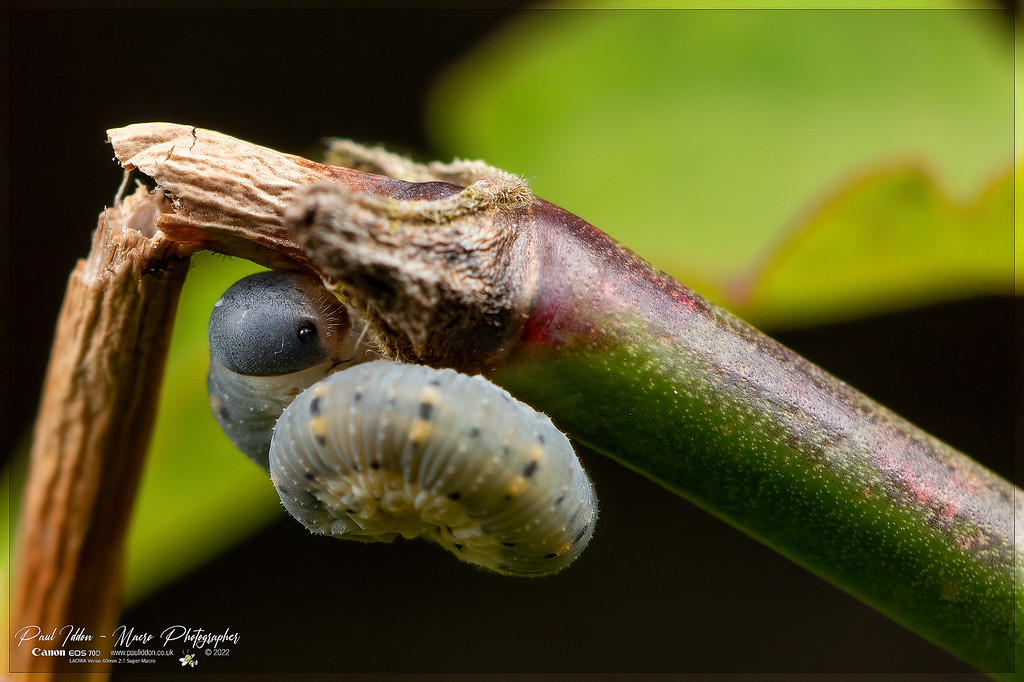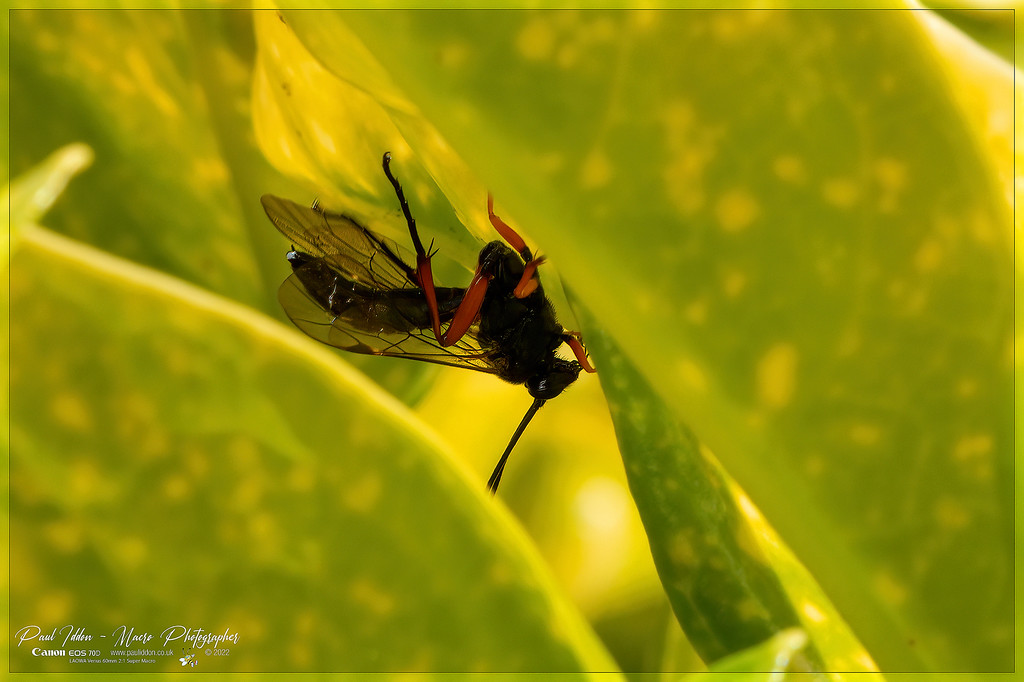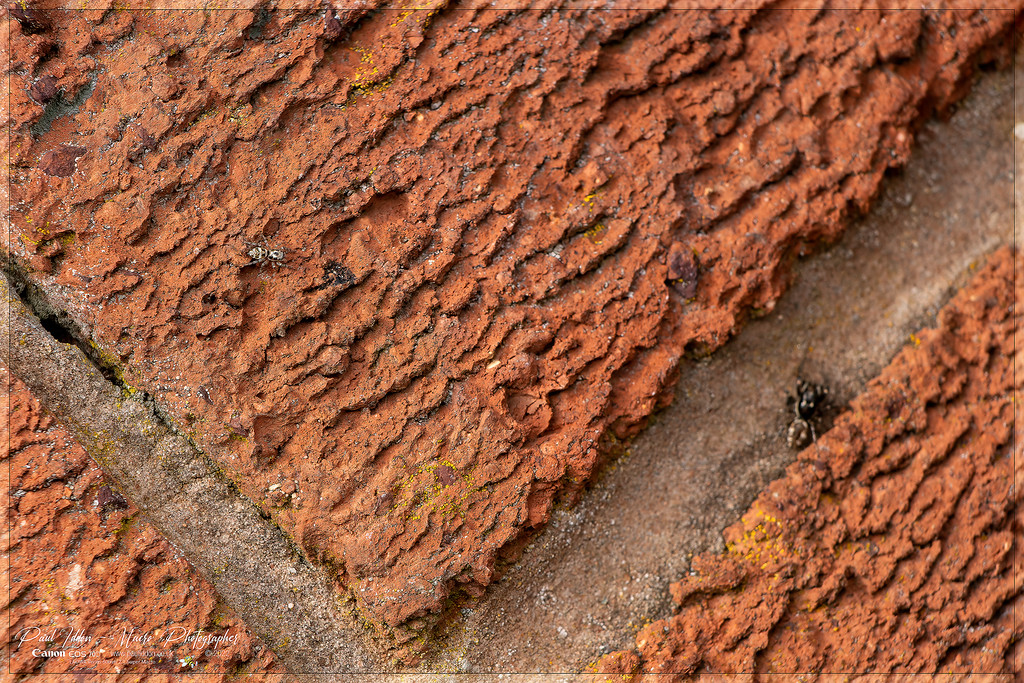Paul Iddon
Moderator
Lousy weather most of the day but when the sun shined for half an hour, the insects came out to play briefy...
A wolf spider carrying her eggs:

A sawfly larva tucked up away from any rainfall:

I think this is Pimpla rufipes - the black slip wasp - hard to get anything because ichneumonids are way to quick and this one was deep in the laurel:


And lastly the Salticus scenicus jumping spiders came out. There were 3 - the smallest being the one on the left at around 2mm which cautiously kept her eyes on the middle sized one, while the largest wandered around nearby but kept away from the other two:


Paul.
A wolf spider carrying her eggs:

A sawfly larva tucked up away from any rainfall:

I think this is Pimpla rufipes - the black slip wasp - hard to get anything because ichneumonids are way to quick and this one was deep in the laurel:


And lastly the Salticus scenicus jumping spiders came out. There were 3 - the smallest being the one on the left at around 2mm which cautiously kept her eyes on the middle sized one, while the largest wandered around nearby but kept away from the other two:


Paul.
